Artificial Intelligence & Jobs
AI Jobs & Techno-unemployment
By 2035 AI will already be making many jobs obsolete, at the same time there will be a labor shortage of skilled STEM workers. Will robots take your job? Listen or scroll for more on:
- Artificial Intelligence is on a J-Curve
- Why AI Now?
- How will AI impact employment?
- Work will have to evolve
- AI will create incredible wealth
- AI means UBI will be a necessity
Artificial Intelligence is on a J-Curve
Patents, Scientific Papers, Venture Capital Investment and Government R&D Spend on Artificial Intelligence is on an exponential growth curve right now. The global artificial intelligence market is expected to reach USD$36b in direct revenue by 2025, growing at an annual rate of 57.2% from 2017 to 2025, whereas it is expected to generate nearly $60b in new revenues for those industries employing AI.
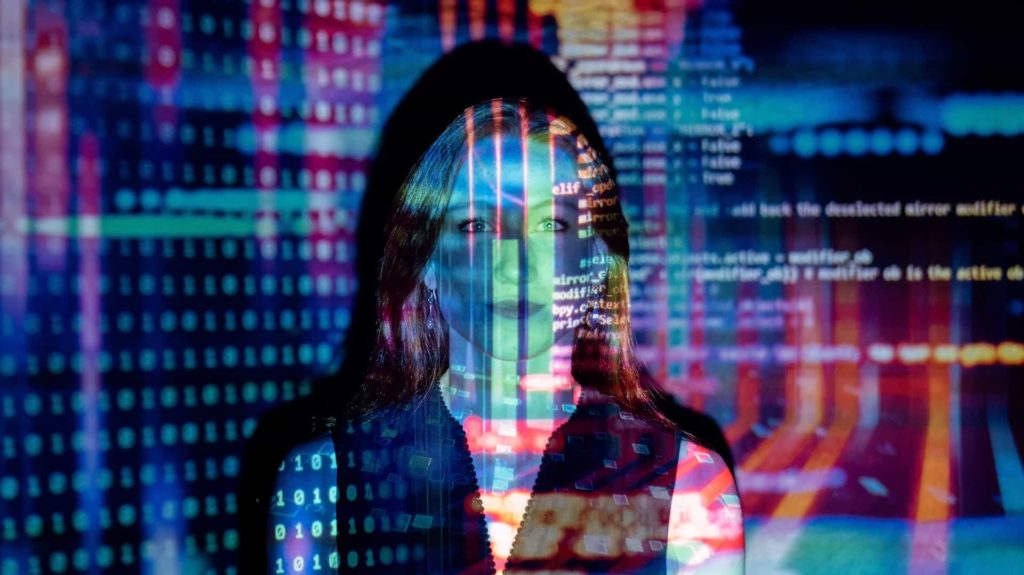

Artificial Intelligence is on a J-Curve
Patents, Scientific Papers, Venture Capital Investment and Government R&D Spend on Artificial Intelligence is on an exponential growth curve right now. The global artificial intelligence market is expected to reach USD$36b in direct revenue by 2025, growing at an annual rate of 57.2% from 2017 to 2025, whereas it is expected to generate nearly $60b in new revenues for those industries employing AI.
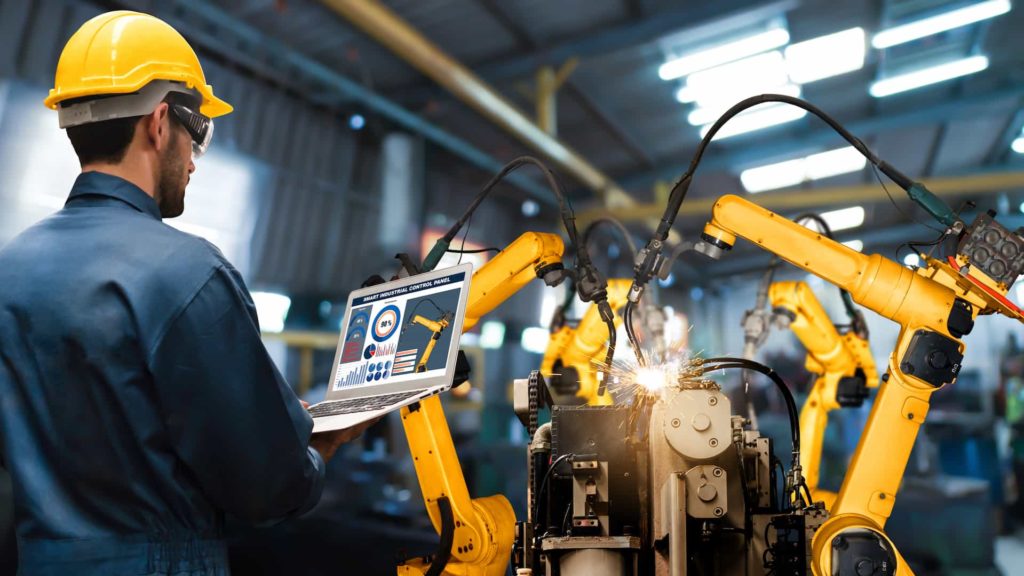
Why AI Now?
Artificial Intelligence has grown leaps and bounds in just a few years, why? The two major reasons for the rapid growth of AI in this decade are:
- Data Explosion — Thanks to the Internet and connected devices the amount of data generated is growing exponentially every year.
- Compute Power — Massive improvements in computing power, image processing and pattern recognition, in turn boosted the growth of AI. Machine and Deep learning capabilities have changed the way we think about computers.
How will AI impact employment?
If you work in an industry where you follow a process that can be taught to another human being, an AI likely can take your job. Estimates range from 30% of all jobs impacted by automation by 2030 to 99% of all jobs changed by AI over the next 2-3 decades. Automation will displace between 400 and 800 million jobs by 2030, requiring as many as 375 million people to switch job categories entirely.
It’s not only chess, the Jeopardy game show or Go that AIs are outclassing humans on already – in visual recognition, speech recognition, translation, driving on highways, cancer diagnosis and other areas AIs are now consistently beating humans


How will AI impact employment?
If you work in an industry where you follow a process that can be taught to another human being, an AI likely can take your job. Estimates range from 30% of all jobs impacted by automation by 2030 to 99% of all jobs changed by AI over the next 2-3 decades. Automation will displace between 400 and 800 million jobs by 2030, requiring as many as 375 million people to switch job categories entirely.
It’s not only chess, the Jeopardy game show or Go that AIs are outclassing humans on already – in visual recognition, speech recognition, translation, driving on highways, cancer diagnosis and other areas AIs are now consistently beating humans
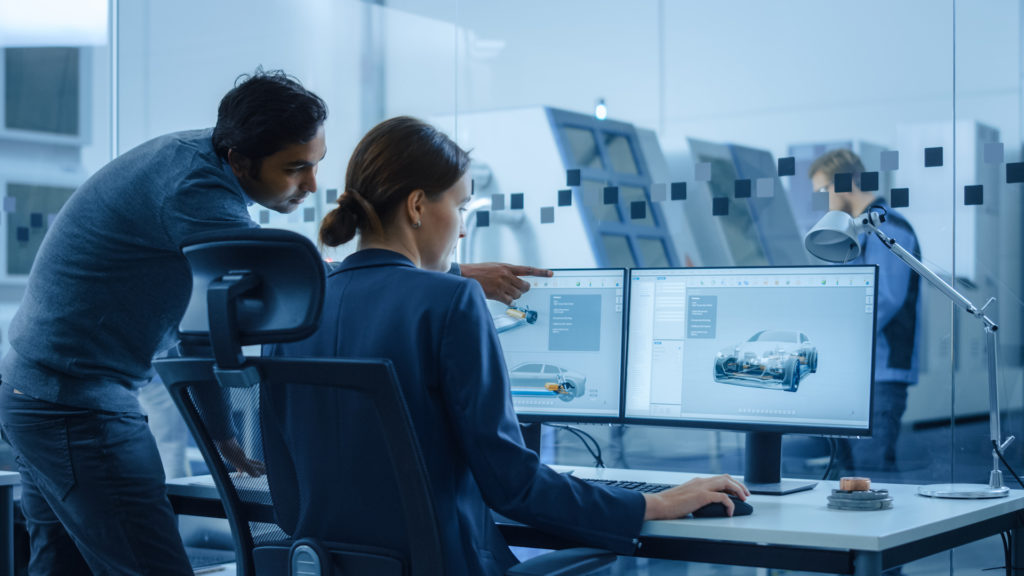
Work will have to evolve
The impact of AI not only means that most of us will have to be retrained or find new careers, but also as higher levels of automation are present in society the need for us to work will reduce. Four day working weeks will be common in much of the world by the 2030s, and the ability to work with robots and AI will be a standard skill expected by most employers. Eventually automation will eliminate most of the menial, repetitive tasks that workers face today, leading to much greater productivity.
AI will create incredible wealth
Today 9 out of 10 of the largest companies in the world are technology companies, but by 2030 every industry on the planet will be technology-first and industry specialization second. Increasing use of technology means that the world’s richest companies will all employ high levels of automation, and thus will be extremely profitable – AI will generate incredible wealth for these companies. This wealth, if deployed properly, could be a key solution in eliminating poverty, homelessness, and providing universal access to healthcare and education for all.
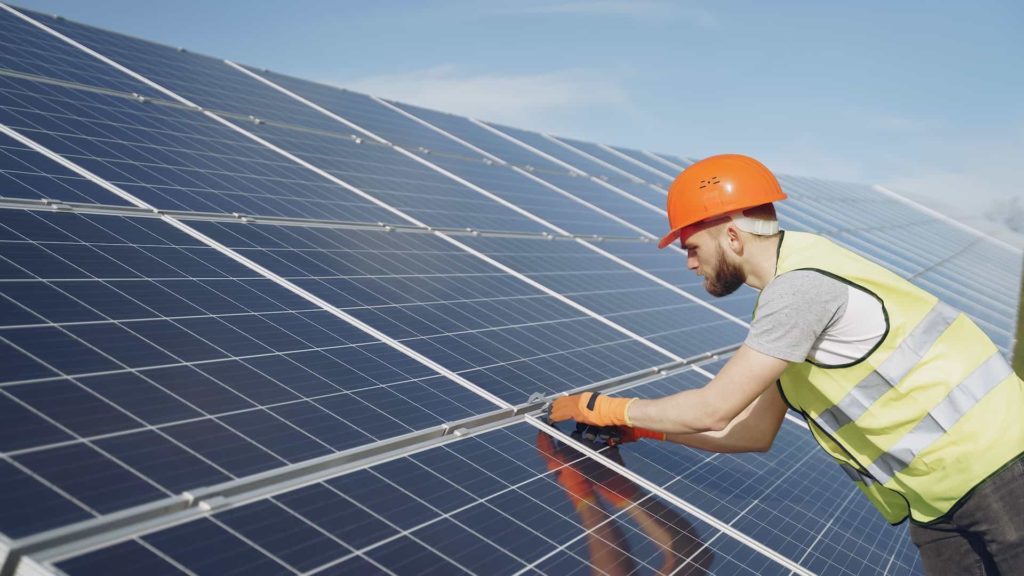

AI will create incredible wealth
Today 9 out of 10 of the largest companies in the world are technology companies, but by 2030 every industry on the planet will be technology-first and industry specialization second. Increasing use of technology means that the world’s richest companies will all employ high levels of automation, and thus will be extremely profitable – AI will generate incredible wealth for these companies. This wealth, if deployed properly, could be a key solution in eliminating poverty, homelessness, and providing universal access to healthcare and education for all.
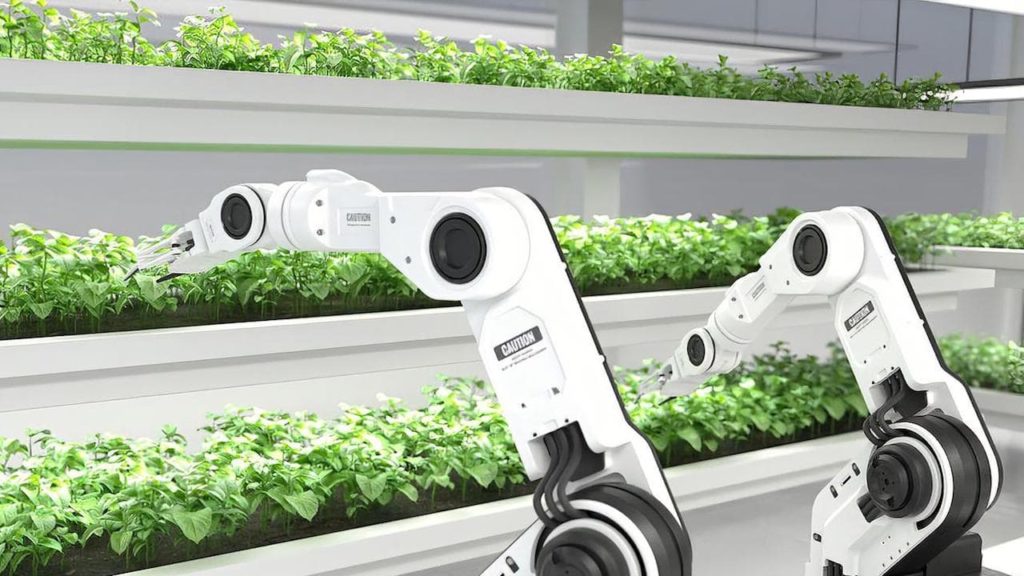
AI means UBI will be a necessity
As automation removes humans from the workforce and reduces the number of hours we work, it is largely inevitable that workers who face long-term unemployment will need some sort of social safety net. Universal Basic Income trials around the world have been shown to have extremely positive results and actually create jobs, creativity and innovation in new areas.